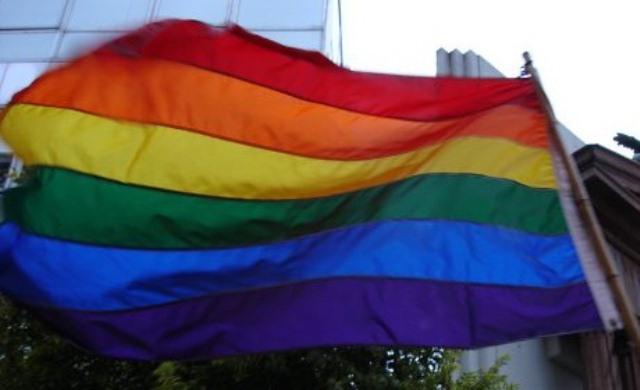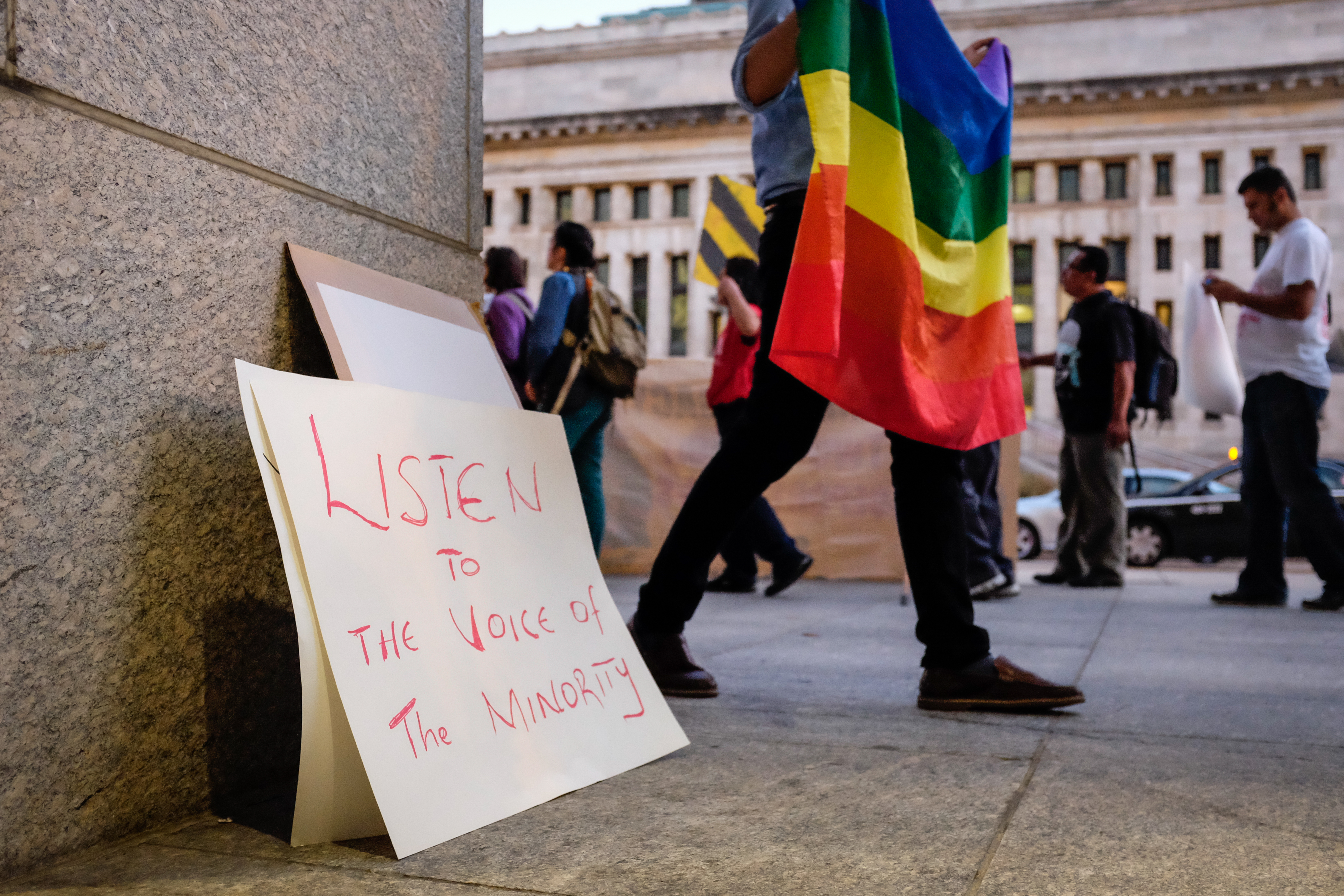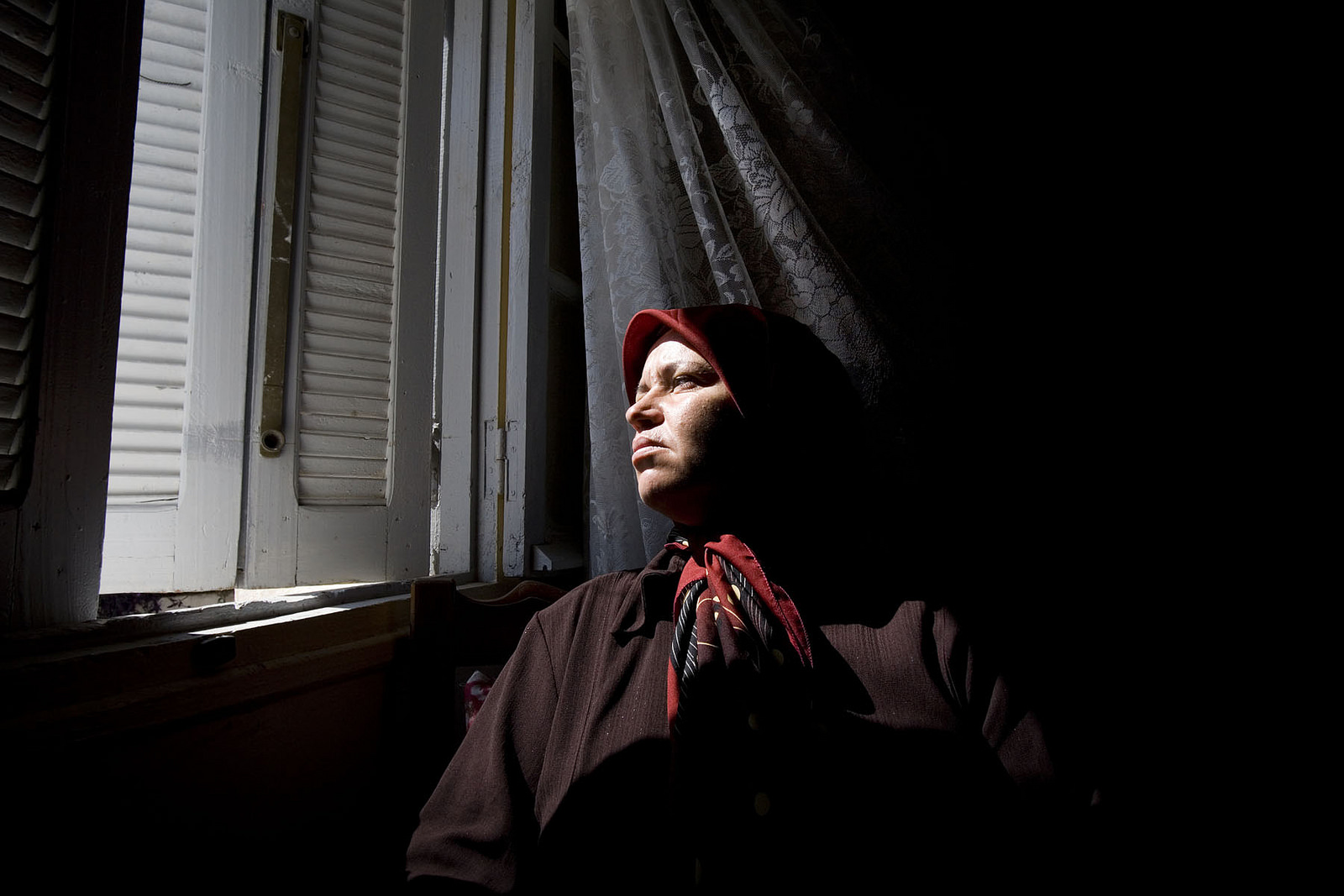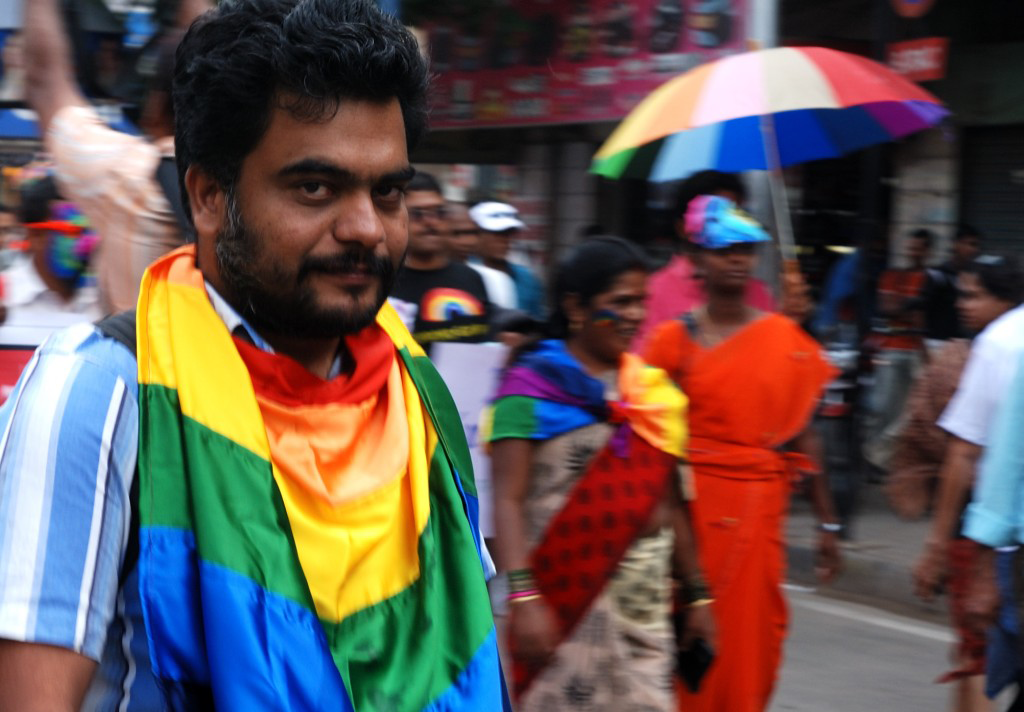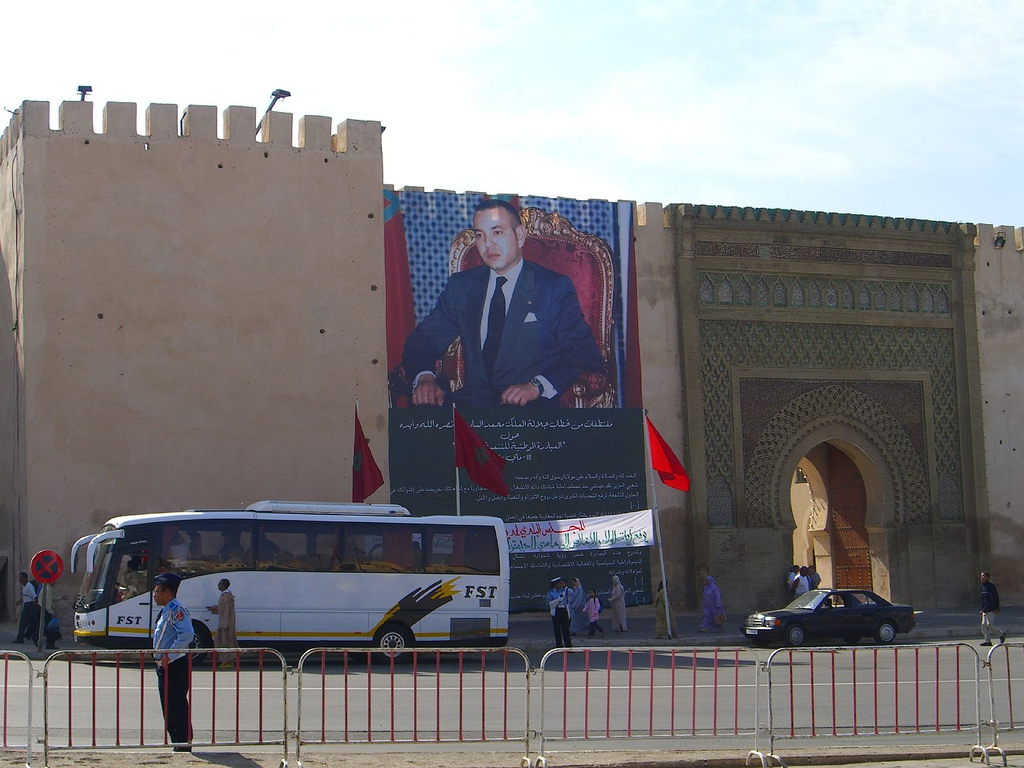In a departure from previous Catholic teaching, Pope Francis suggests women exposed to the Zika virus could use artificial contraception.
Pope Francis has indicated that women exposed to the Zika virus may be permitted to use contraception to avoid pregnancy, in a departure from Catholic teaching.
However he reiterated the church’s staunch opposition to abortion, saying it was a crime and “absolute evil”.
His comments came as women in South America frantically try to terminate pregnancies for fear of giving birth to babies with microcephaly, which gives them unusually small heads.
Speaking to reporters on the papal plane as he returned to Rome after a visit to Mexico, Francis obliquely suggested that artificial contraception could be used in extreme situations to avoid pregnancy.
Unlike abortion, “avoiding pregnancy is not an absolute evil” and in certain circumstances it may be “the lesser evil”.
He referred to the exceptional dispensation issued by one of his predecessors, Pope Paul VI, who permitted Catholic nuns in Africa to take birth control pills in the face of the risk of being raped. He was thought to be referring to the conflict in what was then the Belgian Congo in the 1960s and 70s.
By Harriet Sherwood
Read the full article from The Guardian website



